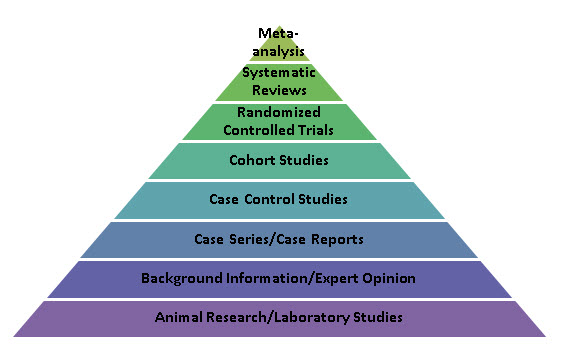A young lady in her early 40s had left breast cancer, pT2N2MO (stage III), ER positive, HER2 negative. She completed surgery, chemotherapy and radiotherapy. When I told her that she will need hormonal therapy for up to 10 years based on latest study, she said the study must be pharma-sponsored to encourage longer use of their medications. I beg to differ.
Highest Level of Evidence
Firstly, the benefits of hormonal therapy in ER-positive breast cancer were proven in multiple meta-analysis, in which multiple studies with thousands of patients’ data were aggregated and analysed.

I’ll share a few here.
- Relevance of breast cancer hormone receptors and other factors to the efficacy of adjuvant tamoxifen: patient-level meta-analysis of randomised trials (EBCTCG, 2011)
- Aromatase inhibitors versus tamoxifen in early breast cancer: patient-level meta-analysis of the randomised trials (EBCTCG, 2015)
- 20-Year Risks of Breast-Cancer Recurrence after Stopping Endocrine Therapy at 5 Years (H Pan, 2017)
It’s definitely not ‘testimonial’ from one or two patients like those seen promoting supplements or alternative craps.
Due to the delay in seeking actual oncological treatment, patients with very curable early stage cancer progressed and end up became locally advanced/ metastatic.
Those bogus ‘treatments’ had condemned so many of my patients to endless sufferings and premature death.
Tamoxifen
The first study highlight the importance of hormonal treatment for ER-positive breast cancer.
- Benefit of tamoxifen vs control (no hormonal treatment) for ER-positive breast cancer in 15-years; 39% and 30% reduction in breast cancer recurrence and breast cancer mortality, respectively. (EBCTCG 2011)


Aromatase inhibitor (AI)
The second study compared aromatase inhibitor (AI) hormonal treatment with tamoxifen.
- In addition to the benefit of tamoxifen, 5-years AI reduces further both the breast cancer recurrence and breast cancer mortality when compared with tamoxifen.
- Benefit of 5-years AI vs 5-years tamoxifen for ER-positive breast cancer; reduces 10-year breast cancer recurrence and breast cancer mortality rates further by 20% and 15%, respectively. (EBCTCG 2015)


20-years Follow-Up Data
Lastly, the third study was meta-analysis from 88 trials involving 62,923 women with ER-positive breast cancer who were disease-free after 5 years of scheduled endocrine therapy
- It showed that breast cancer recurrence continued to occur up to 20 years (study period). Higher recurrence with higher number of lymph nodes involved.


Why Are These Important?
Longer duration of hormonal therapy (10-years vs 5-years), preferably with aromatase inhibitors help to reduce breast cancer recurrence and breast cancer mortality.
If you’ve just completed 5-years hormonal therapy recently or awhile ago, perhaps you might want to discuss with your oncologist to see if you will benefit from resuming your hormonal therapy for another few years.
Patients need to be compliance with hormonal therapy.
Patients need to trust evidence.
Evidence obtained from thousands of breast cancer patients who volunteered in clinical trials in order to help shed lights on the benefit of hormonal therapy.
Breast cancer patients also need to stay vigilant (breast self-examination, mammogram) after curative treatments because risk of breast cancer recurrence (up to 20-years, higher for nodal positive breast cancer).
#drbhnglatest
